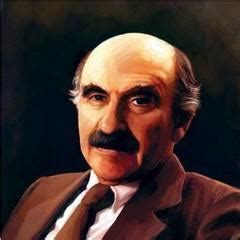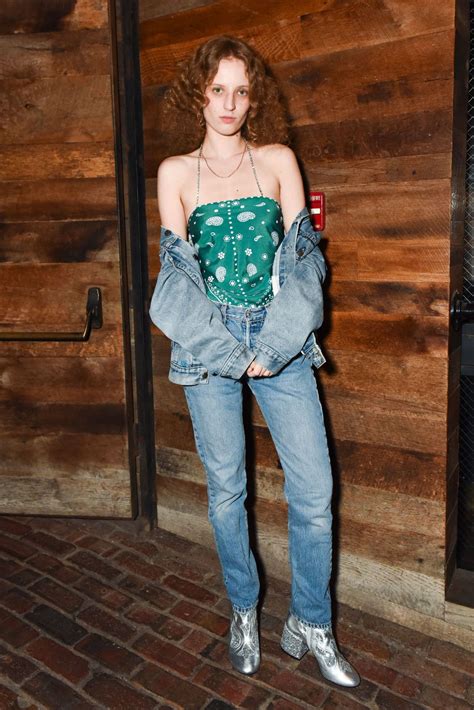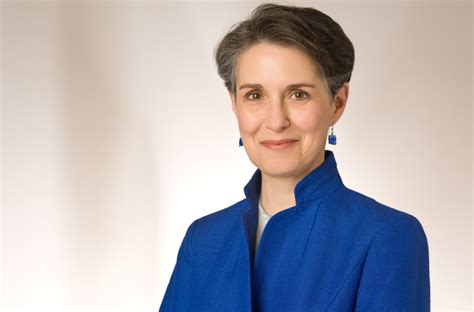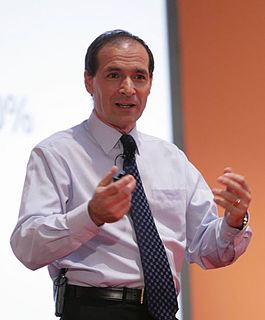A Quote by Theodore Levitt
What is often lacking is not creativity in the idea-creating sense but innovation in the action-producing sense, i.e. putting ideas to work.
Related Quotes
Someone once said that innovation is a done idea. I agree. I believe that creativity is the individual development and conceptualization and that innovation in an organizational sense is implementing ideas and intentions that come from that creativity. So in a sense, creativity is more a leadership function and innovation is more a managerial function.
Innovation is a subset of creativity. Innovation often deals with product launches and is often relegated to the C-suite or to heads of R&D departments. Innovation requires creativity, but creativity is something that is much more broad. It applies to people at all levels of an organization. Today, we all are responsible for delivering "everyday creativity". Small creative acts that add up to big things.
It's the unlikely juxtaposition of creativity and logic which causes the wooliness and confusion around the term 'innovation'. Everybody wants to be innovative; many companies and ideas are proclaimed to be innovative and no one doubts that innovation is a money spinner. And, thus, we are all looking for the magic formula. Well, here you go: Creativity + Iterative Development = Innovation.
Creativity is the generation and initial development of new, useful ideas. Innovation is the successful implementation of those ideas in an organization. Thus, no innovation is possible without the creative processes that mark the front end of the process: identifying important problems and opportunities, gathering relevant information, generating new ideas, and exploring the validity of those ideas.
Most people believe a new idea must be fully baked and ready-for-primetime. That is like saying a newborn child should have a college degree and be self-sustaining on day one. Like children, new ideas need to be nurtured, shaped, and protected. People often hold back ideas since they are not ready to defend sharp criticism. Companies that celebrate "creative sparks" and reserve judgment while ideas mature are the ones that enjoy significantly more creativity and innovation.
I think that there's a sense of self-reliance that exists in skateboarding that kids can take to their daily lives. I think there's also a sense of creativity and community-based goals - in skating, even though it is an individual pursuit, a lot of things that you learn are things that you borrow and expand from other people's ideas. I call skating a combined evolution - it's individual, it's artistic, but at the time, there is a communal push to keep doing your thing. And a sense of camaraderie in that.


































